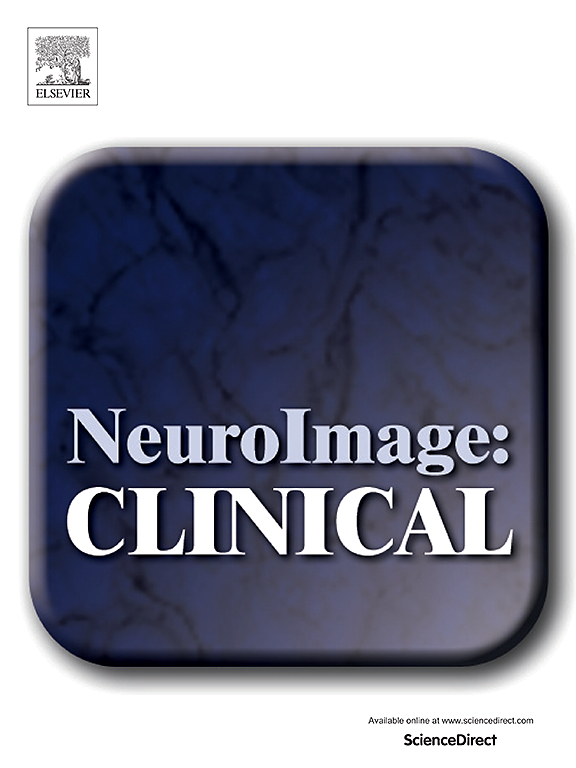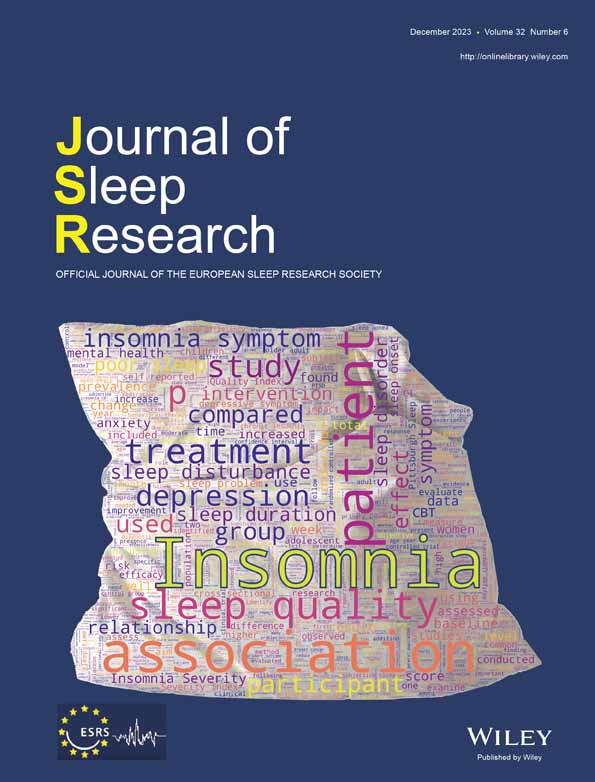
A new article entitled “The Open-Access European Prevention of Alzheimer’s Dementia (EPAD) MRI dataset and processing workflow” has recently been published in the journal NeuroImage: Clinical. In this article, authors show an overview of the MRI image processing and QC pipeline for the open-access EPAD study. The introduced procedures and results may serve as a reference point for future developments and promote replicability and stability of results on the EPAD cohort. Authors anticipate that this work will help both imaging and non-imaging researchers working on EPAD for an easier understanding and use of the shared data.
Congratulations to Luigi Lorenzini and all co-authors, Silvia Ingala, Alle Meije Wink, Joost P.A. Kuijer, Viktor Wottschel, Mathijs Dijsselhof, Carole H. Sudre, Sven Haller, Jose Luis Molinuevo
Juan Domingo Gispert, David M. Cash, David L. Thomas, Sjoerd B. Vos, Ferran Prados, Jan Petr, Robin Wolz, Alessandro Palombit, Adam J. Schwarz Gael Chetelat, Pierre Payoux, Carol Di Perri, Joanna M. Wardlaw, Giovanni B. Frisoni, Christopher Foley, Nick C. Fox, Craig Ritchie, Cyril Pernet, Adam Waldman, Frederik Barkhof, Henk J.M.M. Mutsaerts!
You can read the paper here.
Abstract:
The European Prevention of Alzheimer Dementia (EPAD) is a multi-center study that aims to characterize the preclinical and prodromal stages of Alzheimer’s Disease. The EPAD imaging dataset includes core (3D T1w, 3D FLAIR) and advanced (ASL, diffusion MRI, and resting-state fMRI) MRI sequences.
Here, we give an overview of the semi-automatic multimodal and multisite pipeline that we developed to curate, preprocess, quality control (QC), and compute image-derived phenotypes (IDPs) from the EPAD MRI dataset. This pipeline harmonizes DICOM data structure across sites and performs standardized MRI preprocessing steps. A semi-automated MRI QC procedure was implemented to visualize and flag MRI images next to site-specific distributions of QC features — i.e. metrics that represent image quality. The value of each of these QC features was evaluated through comparison with visual assessment and step-wise parameter selection based on logistic regression. IDPs were computed from 5 different MRI modalities and their sanity and potential clinical relevance were ascertained by assessing their relationship with biological markers of aging and dementia.
The EPAD v1500.0 data release encompassed core structural scans from 1356 participants 842 fMRI, 831 dMRI, and 858 ASL scans. From 1356 3D T1w images, we identified 17 images with poor quality and 61 with moderate quality. Five QC features — Signal to Noise Ratio (SNR), Contrast to Noise Ratio (CNR), Coefficient of Joint Variation (CJV), Foreground-Background energy Ratio (FBER), and Image Quality Rate (IQR) — were selected as the most informative on image quality by comparison with visual assessment. The multimodal IDPs showed greater impairment in associations with age and dementia biomarkers, demonstrating the potential of the dataset for future clinical analyses.







